A brand new year is an inspiring time to take an appraisal of the past year and figure out how you can do better this year. I like to do that for my gardening, so here are my seven New Year’s gardening resolutions:
1. Add raised beds to my garden spot
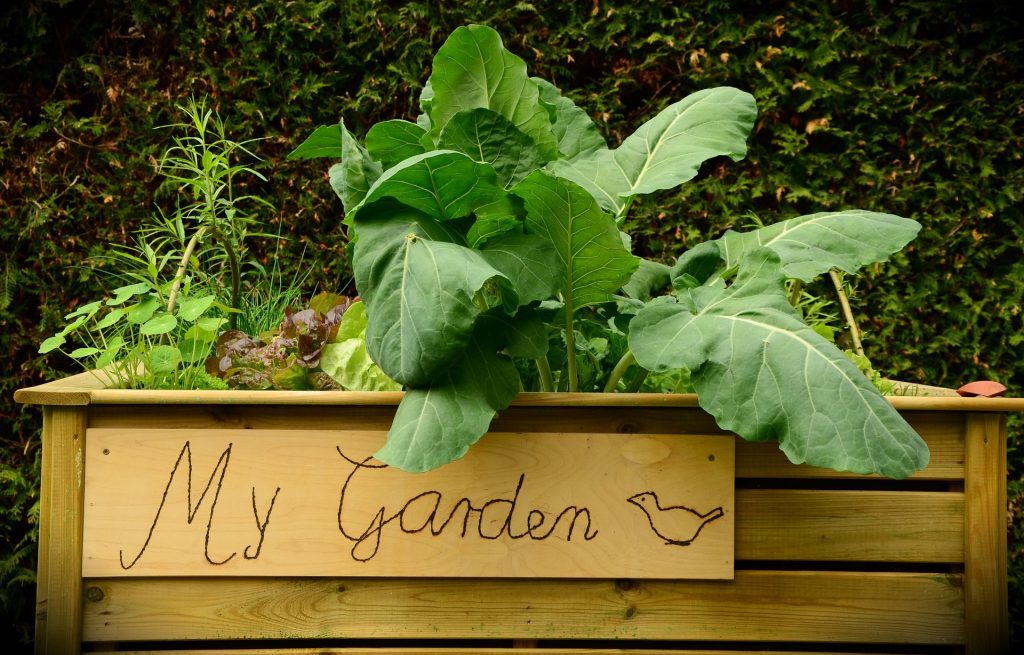
I have a large garden spot, and the soil is pretty good, but adding a few raised beds will allow me to more carefully control growing elements from soil quality to drainage to weed control and everything else necessary to produce quality plants and vegetables. And they look good, too.
2. Control my seed-starting
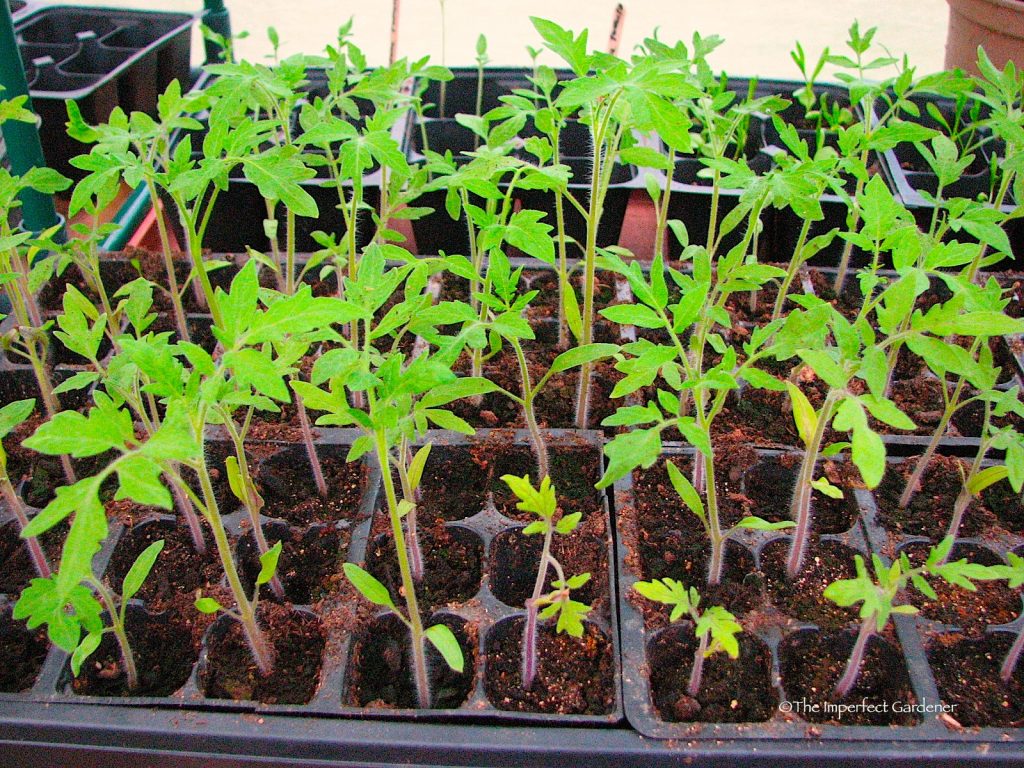
I love starting seeds. In fact, I love starting seeds more than harvesting vegetables! So each spring when I go into my greenhouse, I tend to plant way more seeds than I will ever need. Even after giving away as many as I can and planting as many as my garden will allow, I still have leftovers which, unfortunately, end up in the compost pile. This year, I resolve to limit my seed-starting to a manageable amount. Besides saving money on seeds and seed-starting soil, I’ll have the satisfaction of making sure each little seedling actually gets planted.
3. Get in front of the weeding
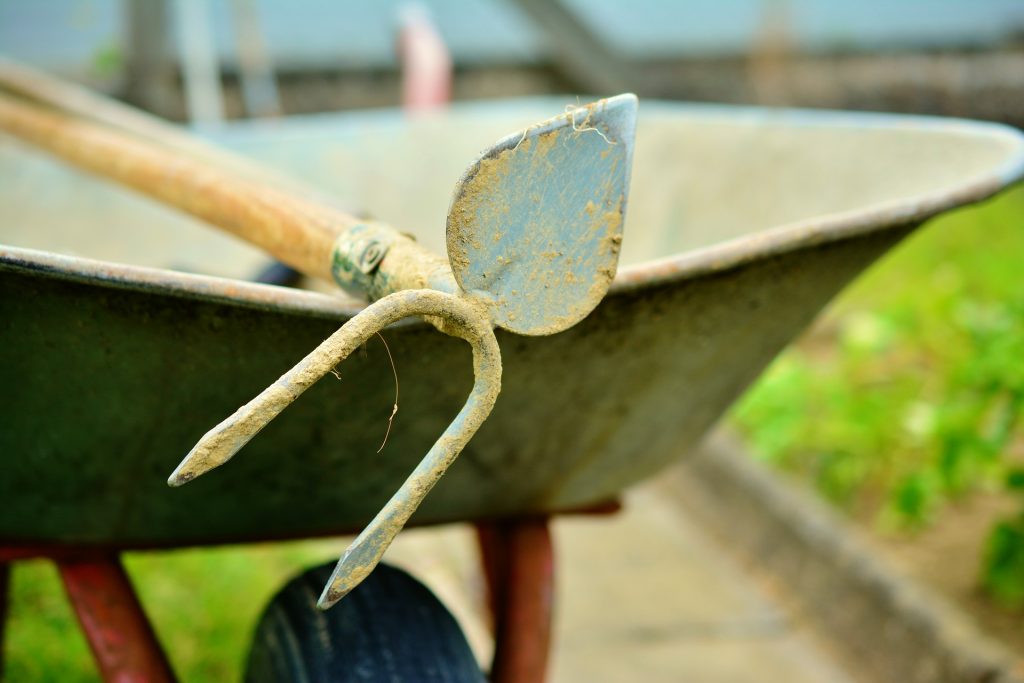
I ask the same question every year: why do the weeds grow so much faster than my garden plants? Take a day or two off from weeding and they take over the garden. This year, I vow to stay ahead of the game and chop them before they ever get a foothold in my garden.
4. Plant something I’ve never tried before
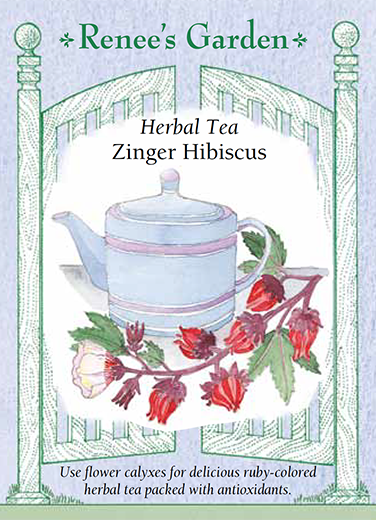
We all have our favorite standbys. Mine are tomatoes, peppers, cucumbers, and squash. But this year, I plan to add something different to my garden. Maybe onions or leeks. Perhaps beets. I’m an herbal tea drinker, so I think I’ll try Zinger Hibiscus from Renee’s Garden this year. The point is, it’s a good idea to grow your gardening abilities by trying new things.
5. Start worm farming again
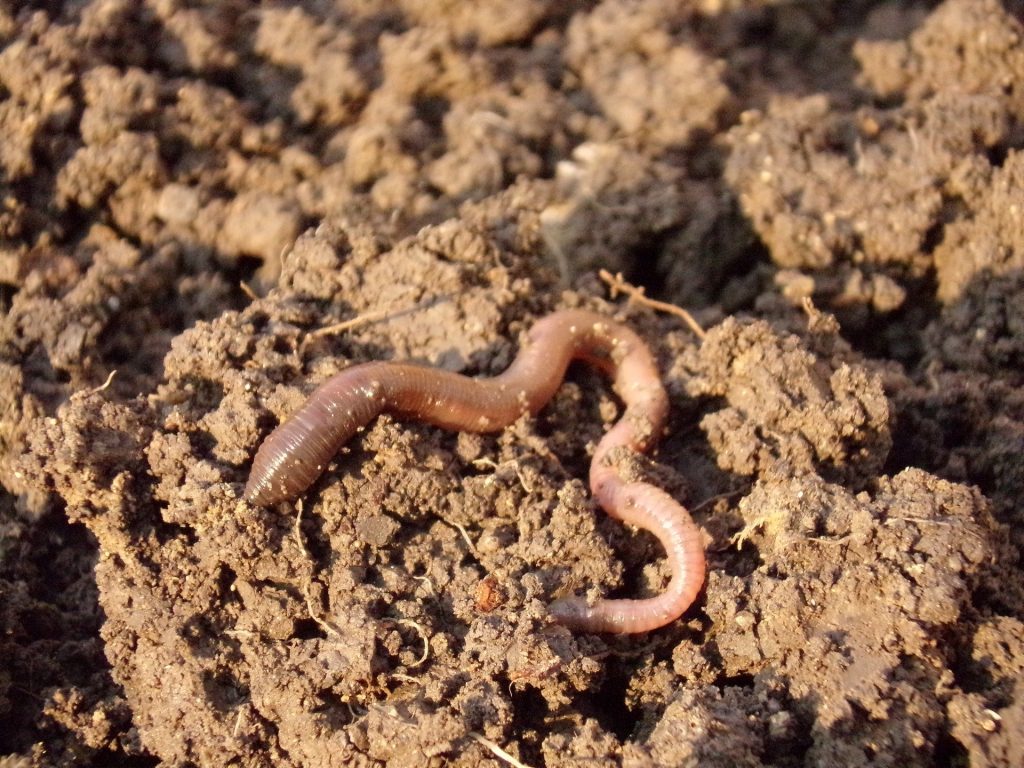
Earthworms are so good for your soil, it’s a wonder that every gardener doesn’t have a worm farm! Worm castings – or worm poo – is some of the richest organic fertilizer you’ll find and it’s easy and free to produce. I had a worm farm several years ago before eventually freeing all the earthworms into my garden. It’s time to get one started again.
6. Be more faithful about composting
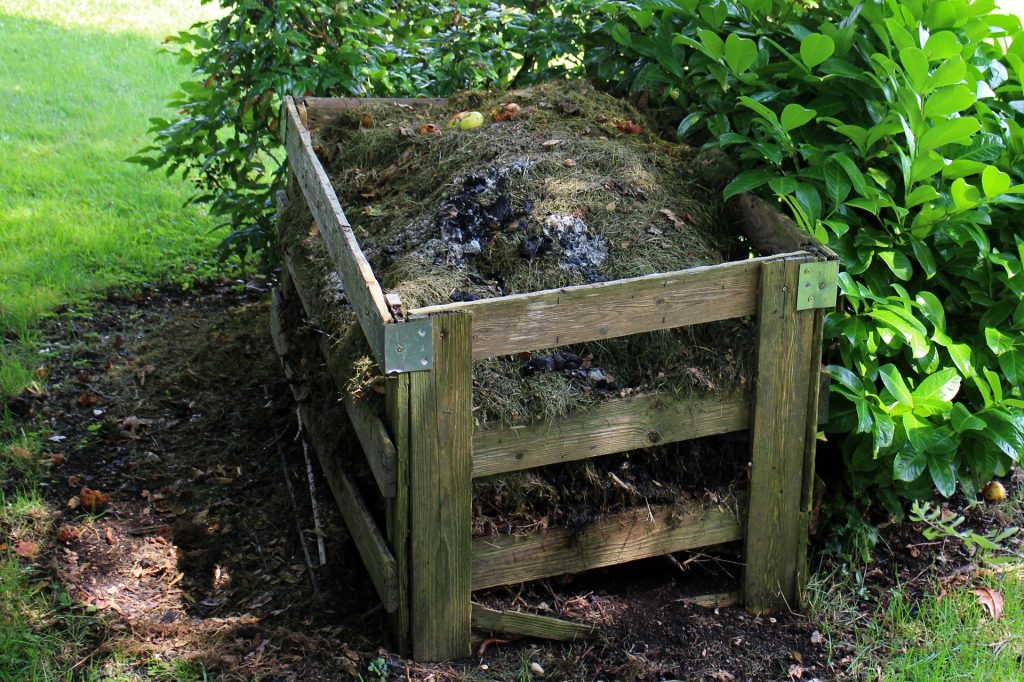
Simply toss kitchen scraps and yard material – grass, leaves, plants – into a pile and you’ll eventually have a crumbly, dark, nutrient-rich material that gardeners call “black gold” for good reason: it contains nutrients beneficial to plants, helps soil retain those nutrients, increases soil’s water capacity, and attracts valuable earthworms to your garden. I compost, but sometimes it’s more convenient to toss kitchen scraps into the garbage can. Not this year. If it can compost, it goes into the pile.
7. Get in front of the weeding

Did I mention this already?

